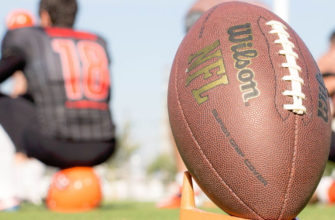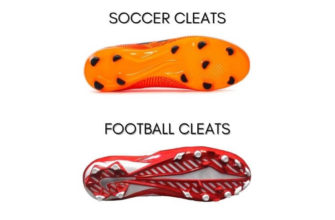It’s essential to keep your football helmet clean for hygiene and performance. Regular cleaning removes sweat, dirt, and bacteria – plus it prolongs the gear’s lifespan.
Here’s how to clean it properly:
- Gather materials: mild detergent or antibacterial soap, warm water, a soft brush or cloth, and a towel. Make sure you’re in a well-ventilated area.
- Start by removing any detachable parts, like chin straps or face masks. Clean these separately with warm soapy water. Then, wipe the exterior with a damp cloth to remove loose dirt.
- Mix detergent or soap with warm water. Dip a brush or cloth in the mixture and gently scrub the interior padding. Be careful not to damage any foam or cushioning.
- Rinse off the padding with clean water to remove soap residue. Use a towel to dry it thoroughly.
- Gently scrub any stains or grime on the exterior shell, including ventilation holes and crevices.
- Rinse off the entire helmet with running water. Then, use a towel to blot away excess moisture. Leave the helmet out in a well-ventilated area to air dry. Avoid direct heat or sunlight – it may damage the materials.
- Clean regularly to maintain appearance and prevent bacteria and odors. Schedule regular cleaning sessions to have a clean and hygienic experience on the field. Cleaning your football helmet is like excavating ancient relics – you never know what’s hidden underneath all that grime!
Understanding the Materials
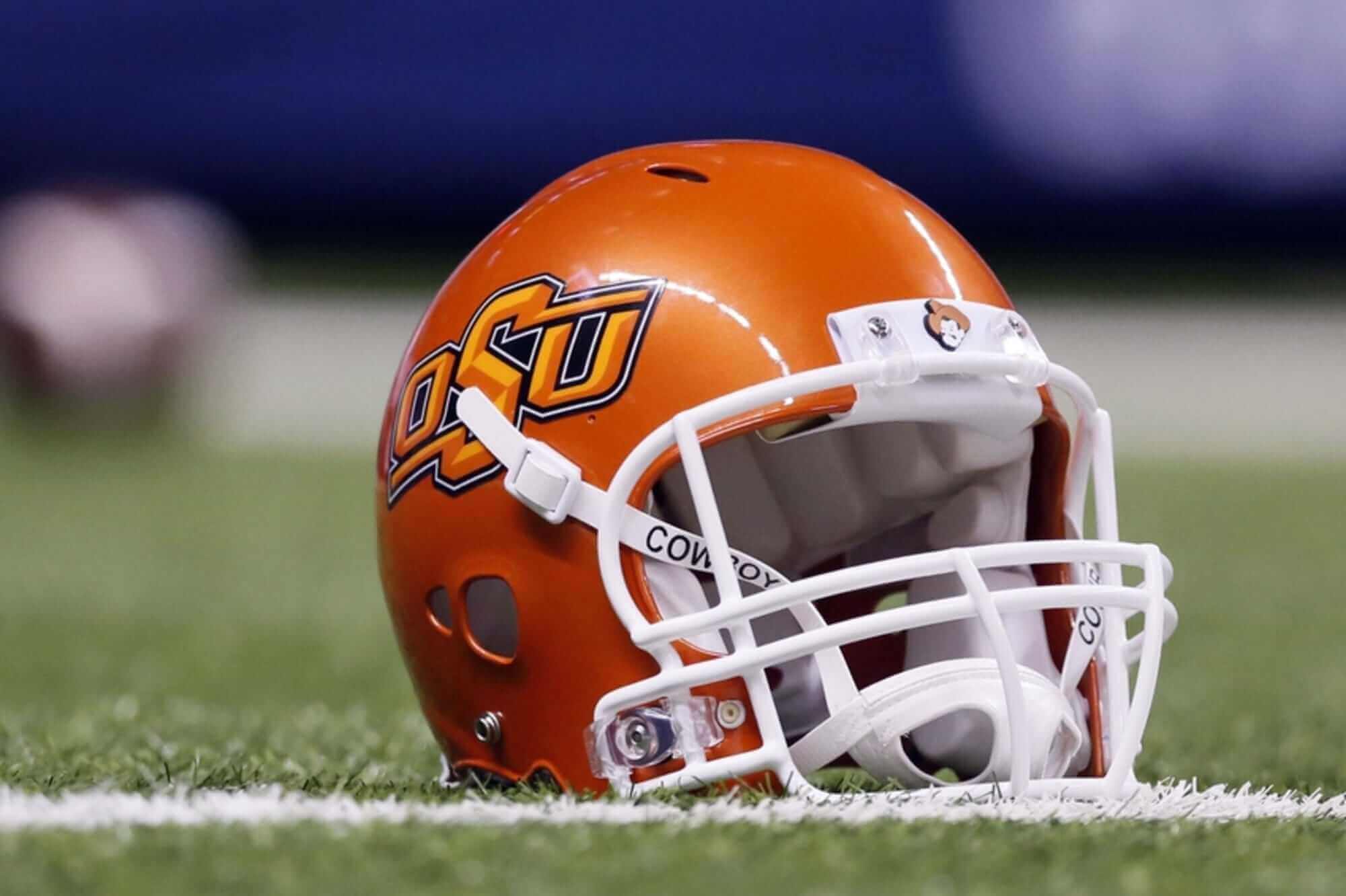
Time to take a peek at the various materials used for football helmets. Plastic shells protect the head from impact and should be cleaned with mild soap and water. Padding provides comfort and cushioning, so it should be removed and hand washed with gentle detergent. Air dry it completely before re-assembling. Wipe the chin strap with a damp cloth and replace if needed. Facemasks need a soft cloth or sponge to remove dirt and debris, but avoid scratching the surface. Inspect the hardware for tightness and clean with a soft cloth.
It is important to remember that different manufacturers use varying materials. Check the manufacturer’s instructions for optimal cleaning practices. Keeping the helmet clean increases its lifespan and reduces bacteria growth, decreasing the risk of infections. Cleaning a football helmet should be a part of your regular maintenance routine as an athlete. With the right materials and cleaning techniques, you can stay safe on the field and keep your equipment in top shape!
Preparing for Cleaning
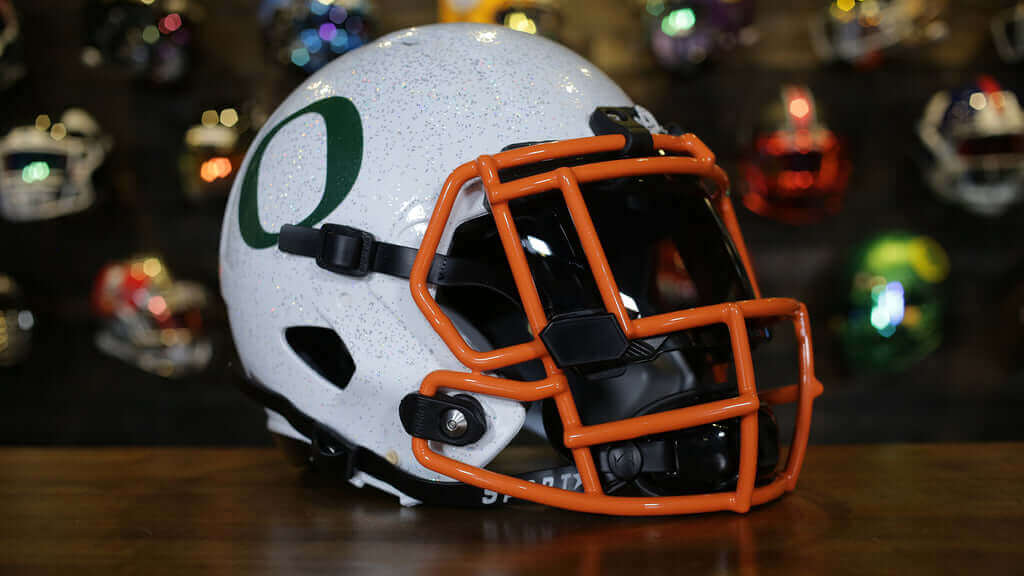
- Take off any detachable parts from the football helmet, e.g. chinstraps or face masks. This will make it easier to clean.
- Wipe away dirt and debris with a soft cloth or sponge. Pay attention to areas prone to sweat or grime.
- Fill a basin or sink with warm water. Add a small amount of mild soap. Submerge the helmet in the soapy water. Use a soft brush or cloth to clean inside and outside.
- Rinse off remaining soap residue with clean water. Ensure that no soap is left.
- Allow the helmet to air dry completely before putting back together or using again. Don’t expose it for too long as it can damage the material.
- Read manufacturer’s instructions carefully and follow them.
- Proper cleaning can save athletes from infections caused by wearing neglected football helmets.
- Cleaning the exterior is like scrubbing away the shame of a fumble, only cleaner and less embarrassing.
Cleaning the Exterior
Use a soft brush or cloth to rid any loose dirt or debris. Don’t scratch the helmet surface! Mix mild soap and warm water. Dampen a clean cloth with this solution and wipe down the helmet’s exterior in circular motions. Pay attention to sweat-prone areas such as inner padding and chin strap. Thoroughly clean those spots to keep odors away. Then, rinse the cloth with clean water and go over the helmet again to remove any soap residue.
Be careful while cleaning stickers or logos. Excess scrubbing could damage them. For helmets with removable pads and cushions, detach them for better cleaning access. Don’t forget regular cleaning! It not only keeps your helmet smelling fresh, but also helps preserve its quality. Take care of your gear now and play with confidence!
Cleaning the Interior
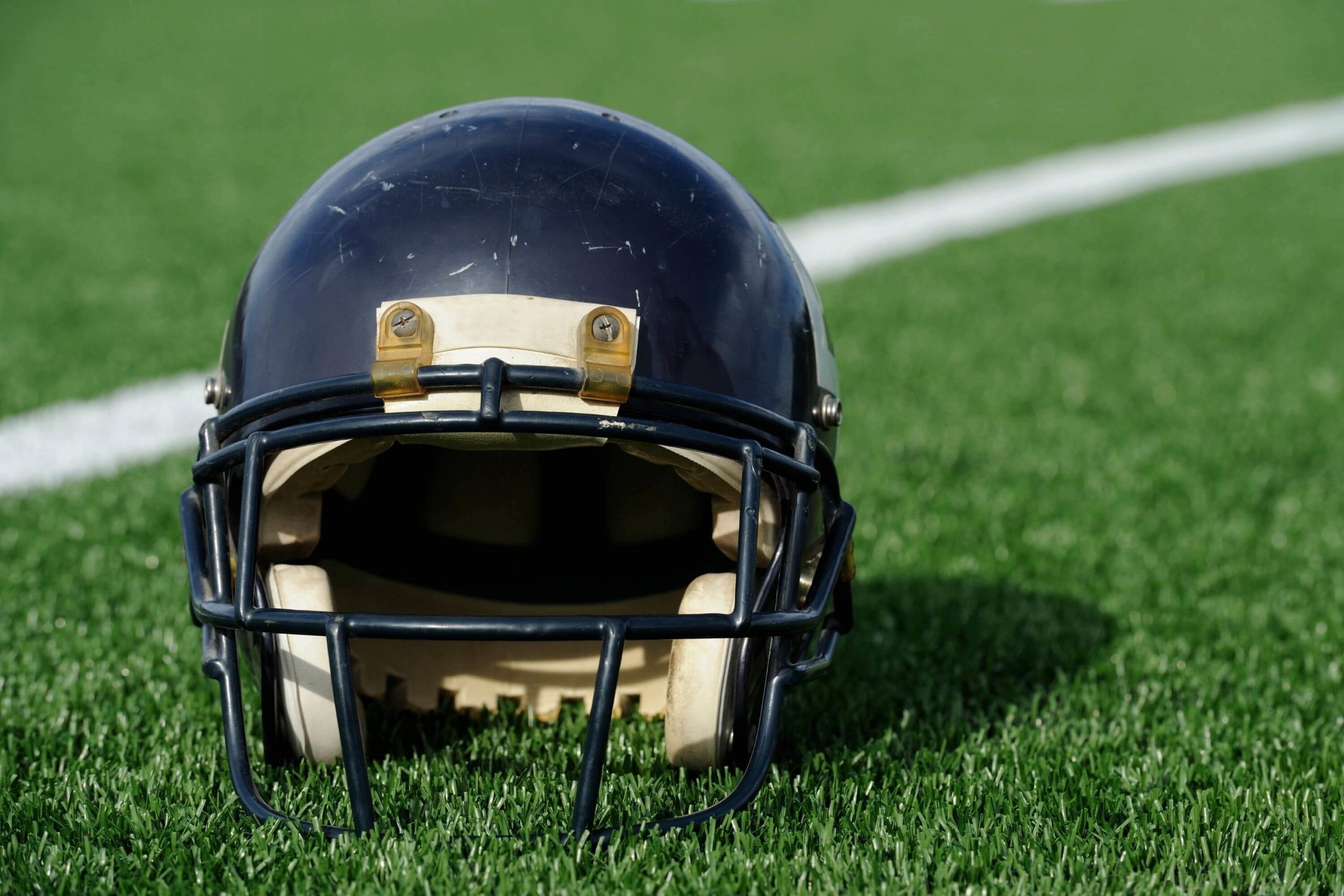
- Remove detachable padding and liners from the helmet.
- Fill a basin with warm water and add detergent.
- Submerge the padding and liners in the soapy water.
- Scrub them with a soft brush.
- Rinse with clean water to get rid of soap.
- Let the padding and liners air dry.
- Use a damp cloth or sponge to wipe down the inside of the helmet.
- Remove dirt or debris.
Your football helmet’s interior is now clean and ready for use. Clean the interior of your helmet regularly for hygiene and to extend its lifespan. For a fresh-smelling helmet, use odor-absorbing products like helmet deodorizers or fabric sprays specifically designed for sports gear.
Cleaning the Face Mask
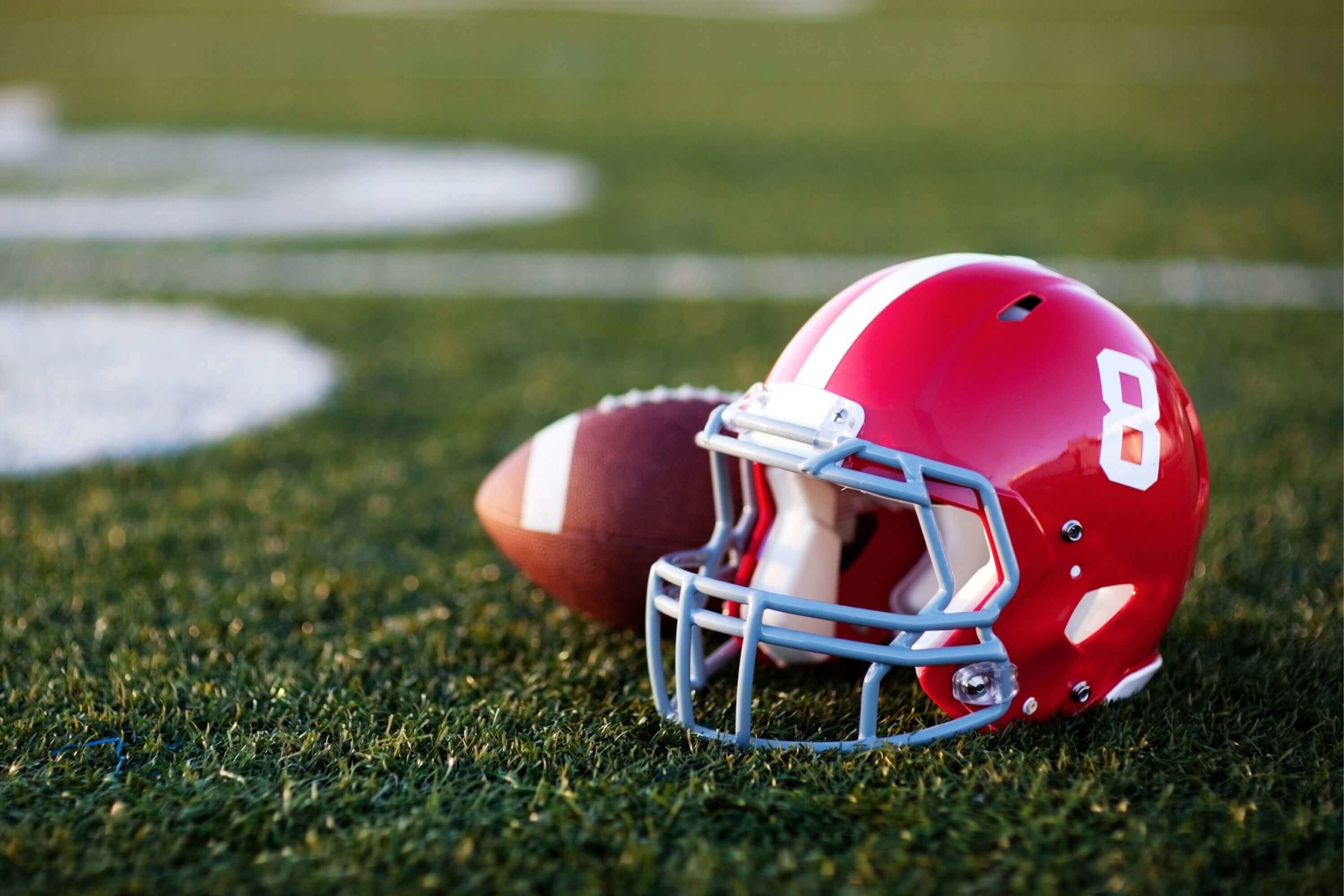
- Start by unscrewing or removing the face mask from the helmet, noting how it’s attached.
- Fill a basin with warm water & mild dish soap.
- Submerge the face mask for 10-15 minutes.
- Use a soft-bristle brush to scrub both sides.
- Rinse until no soap suds remain.
- Spray with a disinfectant & wipe away excess liquid.
- Place on a clean, dry towel in a well-ventilated area to air dry.
- Reattach it to the helmet once it’s completely dry.
For further cleaning, do the following:
- Clean it after every use;
- Use a toothbrush or cotton swab to clean narrow gaps & crevices;
- Inspect for signs of wear & tear & replace if necessary;
- Use anti-fog treatments or wipes to minimize fogging.
By doing this, you’ll keep your face mask in top condition & ensure hygiene & safety on the field.
Proper Maintenance and Storage

Regularly clean your helmet with mild soap and water. Use a soft cloth or sponge to scrub away dirt, sweat, and debris. Avoid harsh chemicals and abrasives. Let it air dry before storing in a cool, dry place. Avoid putting heavy objects on top of it. Consider using a helmet bag for extra protection.
For visors, use anti-fog spray and wipes. Inspect chin straps regularly, and replace any damaged ones. Check padding for deterioration or odor, and replace as needed. These maintenance practices keep your helmet clean, safe, and smelling fresh. It’s as important to care for your equipment as it is to sharpen your skills.
Frequently Asked Questions
Q: How often should I clean my football helmet?
A: It is recommended that football helmets should be cleaned after each use to prevent the buildup of bacteria and germs that can cause infections.
Q: What is the best way to clean a football helmet?
A: The best way to clean a football helmet is to mix warm water and mild soap, and then use a soft cloth to gently clean the inside and outside of the helmet. Avoid using harsh chemicals or abrasive materials that can damage the helmet’s protective coating.
Q: How do I get rid of the bad smell inside my football helmet?
A: To get rid of the bad smell inside your football helmet, you can use a mixture of warm water and vinegar to clean the inside. You can also place dryer sheets or odor-eliminating balls inside the helmet between uses to absorb any odors.
Q: Can I put my football helmet in the dishwasher?
A: No, it is not recommended to put your football helmet in the dishwasher as the high heat and pressure can damage the helmet’s protective coating and lining.
Q: How do I properly store my football helmet?
A: To properly store your football helmet, make sure it is clean and dry before placing it in a cool, dry place away from direct sunlight and extreme temperatures. Avoid storing your helmet in a cramped or damp environment that can promote the growth of bacteria and mold.
Q: Is it okay to share my football helmet with others?
A: No, it is not recommended to share your football helmet with others as it can increase the risk of infection and the spread of germs. Each player should have their own properly fitting helmet for safety and hygiene purposes.
Conclusion
Maintaining hygiene and extending the lifespan of a football helmet is essential. By using appropriate cleaning products and following the correct steps, you can ensure your helmet’s top condition.
- Take out any removable components, such as padding and facemask. Clean them with warm water and mild soap. Use a brush with soft bristles to remove dirt and debris from the helmet’s exterior. Thoroughly rinse it with water to get rid of the soap.
- Disinfect the helmet with a mixture of water and vinegar or hydrogen peroxide. These natural solutions work well in killing bacteria from sweat and other pollutants. Use a sponge or cloth to apply the solution to all surfaces. Let it sit for a few minutes before washing it off with water.
- To remove odors, sprinkle baking soda inside the helmet. Leave it overnight. The baking soda will absorb unpleasant smells, leaving your helmet clean and fresh. Then, wipe away the baking soda residue with a damp cloth.
- Be sure to dry the helmet completely after cleaning to protect against mold. Place it in an area with good ventilation or use a fan to speed up the process. When it’s dry, put all parts back together.
Keeping your football helmet clean preserves good hygiene and extends its lifespan. Frequent maintenance will help preserve the protective qualities while providing a comfortable experience during games.
An NFL player spoke about cleaning his football helmet regularly. He said that by following the right procedures, he felt his helmet was much more comfortable and hygienic. He was also more confident that his helmet was free from bacteria.



